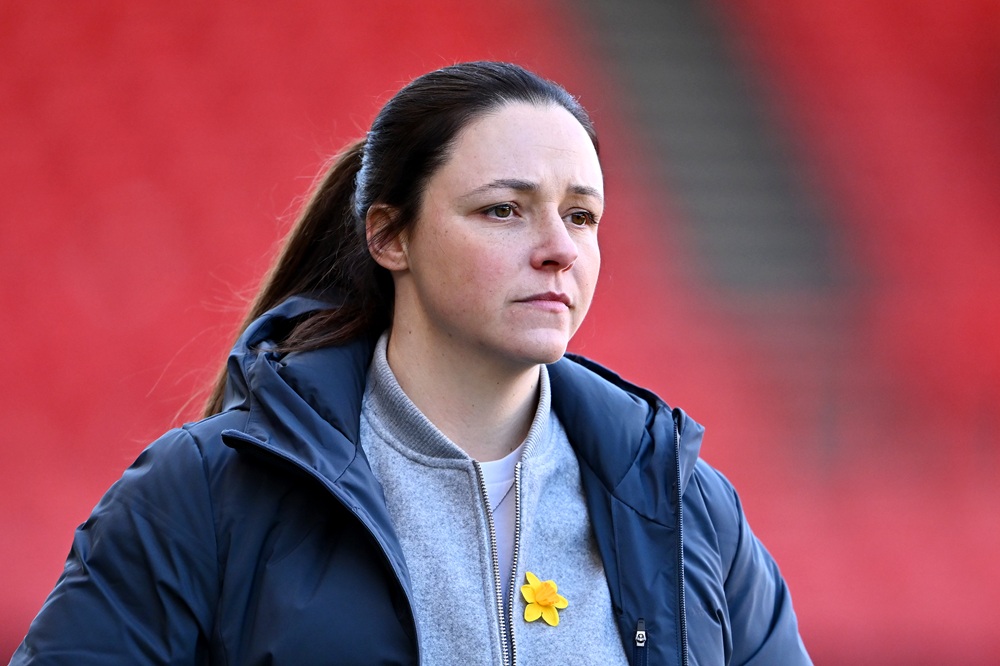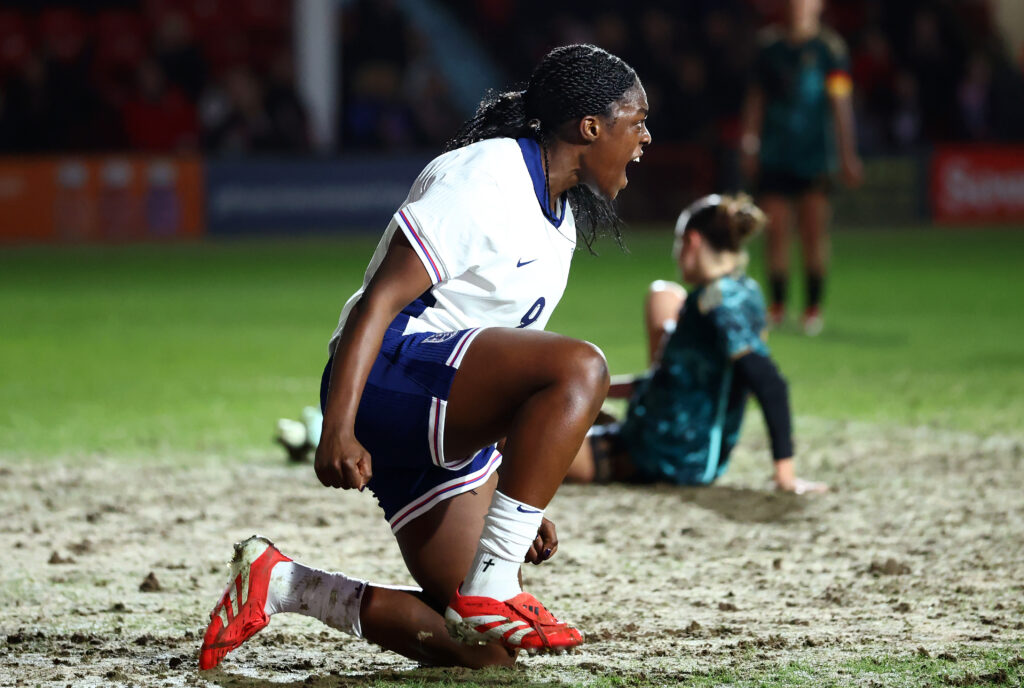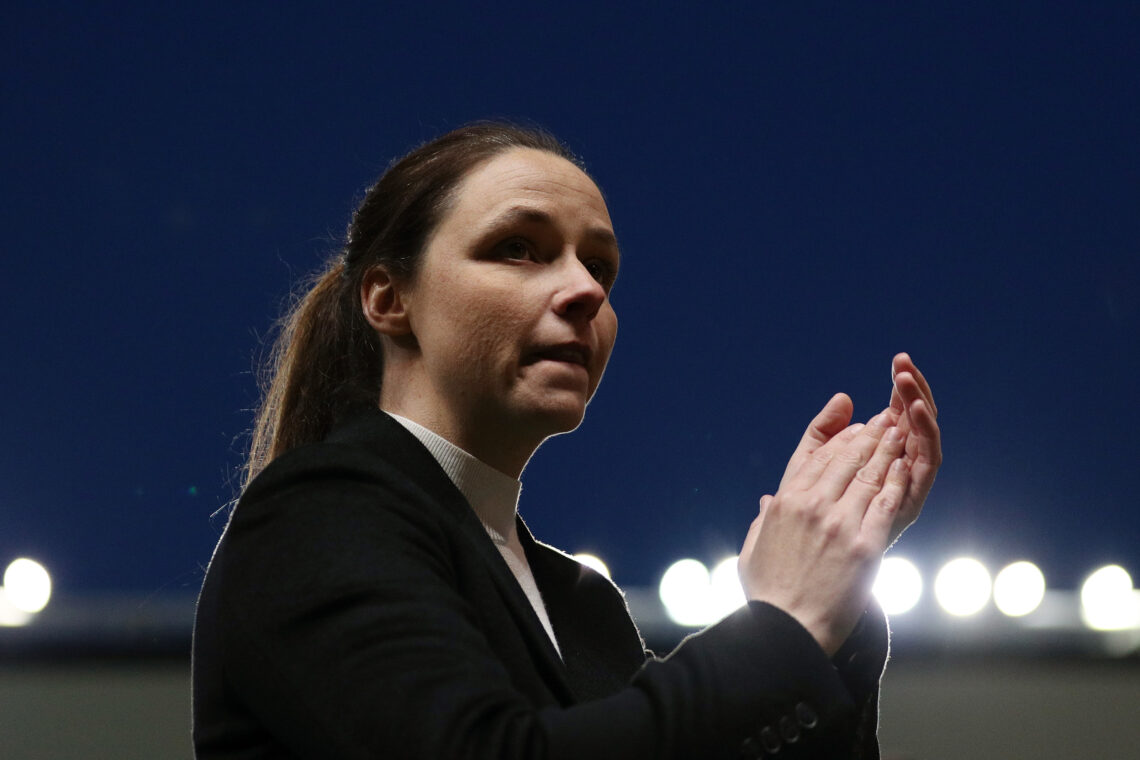Following their elimination from the u-19 Euros, England have qualified for the u-20 World Cup that will take place next year in Poland.

England lost their final group game 1–0 to Spain after conceding an injury-time goal while pushing for a winner that would have sent them through to the European Championship semi-finals.
Lauren Smith made two changes from the team that lost to Portugal. Nelly Las came in at right-back, with Mary Ward moving to left-back in place of Rachel Maltby, who had struggled in the previous match. Lola Brown replaced Erika Parkinson in midfield.
It was win or go home for England, who sat bottom of Group B going into the final match. They battled well against the reigning champions, but ultimately fell short.
Despite the defeat, England finished third in the group and secured qualification for the U20 Women’s World Cup. These tournaments are a crucial part of player development, exposing young talents to different football cultures and styles.
Several players in the squad were involved in last year’s U17 World Cup in the Dominican Republic, including Nelly Las, Rachel Maltby, Cecily Wellesley-Smith, Laila Harbert, Erica Parkinson, Lola Brown and Lauryn Thompson.
Michelle Agyemang will be age-eligible for next year’s tournament, but her current involvement with the senior national team casts doubt on whether she will be called up for the youth competition.

The timing of the U20 World Cup, scheduled from 5 to 27 September, presents a challenge. Players selected will miss most of their club pre-season and at least half of the first month of the Women’s Super League. Because youth tournaments are not on the FIFA international calendar, clubs are not obliged to release players.
Teams qualified for the U20 Women’s World Cup:
AFC (Asia) – 4
CAF (Africa) – 4
CONCACAF – 4: Canada, Mexico, USA, Costa Rica
CONMEBOL (South America) – 4
OFC (Oceania) – 2
UEFA (Europe) – 5: France, Italy, Portugal, Spain, England
Host nation – Poland

It remains to be seen how much first-team football these young players will get in 2025–26. Katie Cox, for example, played zero minutes for Chelsea last season, while Lexi Potter spent the year on loan at Crystal Palace, clocking up 1,726 minutes.
It’s likely that many players will be loaned to WSL or Championship sides, rather than sitting on benches and making occasional cameos.
Katie Reid is already a first-team regular and recently earned a Champions League winner’s medal. Laila Harbert and Vivienne Lia are likely to need another full season on loan before competing for a senior place at Arsenal in 2026–27.
Maddy Earl, Jessie Gale and Cecily Wellesley-Smith would benefit from Championship loans as they continue their development.
